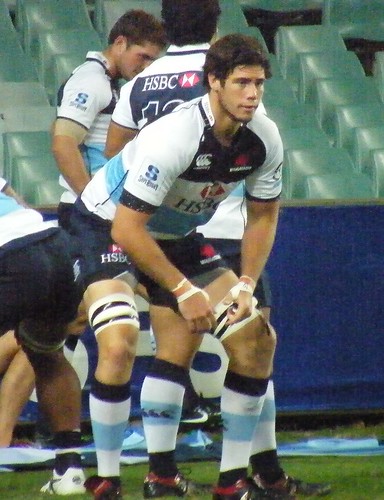Jordan Peterson loses court battle: He’ll be forced to take course on professionalism
Peterson #Peterson

Psychologist and writer Jordan Peterson has been unsuccessful in his attempt to overturn a decision mandating he attend remedial training due to remarks made on social media platforms.
A three-judge panel from the Divisional Court in Ontario ruled that the College of Psychologists of Ontario’s directive for Peterson to partake in a professionalism in communications course was justified.
The story behind Jordan Peterson’s ban from Twitter
This decision followed the many complaints that the college received regarding Peterson’s online comments, as he has faced criticism for its stance against feminism and racial diversity.
The Divisional Court found that the higher education institution’s decision had a relatively minor impact on Peterson’s freedom of expression rights.
Peterson promptly expressed his discontent with the ruling on X, where he commands a substantial following.
“If you think that you have a right to free speech in Canada, you’re delusional,” he said.
“I will make every aspect of this public and we will see what happens when utter transparency is the rule.”
The origin of Jordan Peterson’s complaint
Last November, the college compelled Peterson, who ceased seeing patients in 2017, to undergo remedial training.
This directive was a result of the college deeming some of his comments as “degrading, demeaning, and unprofessional”.
In response, Peterson chose not to comply and instead sought to have the order nullified through the Divisional Court panel in June.
The Divisional Court’s ruling on Jordan Peterson
In a 17-page verdict unveiled on Wednesday, the judges from the Superior Court declined Peterson’s appeal.
They justified this stance by highlighting that providing coaching for Peterson was a logical course of action, especially since he had previously disregarded the college’s advice to adopt a more “respectful tone” in his public discourse.
“Dr. Peterson cannot have it both ways: he cannot speak as a member of a regulated profession without taking responsibility for the risk of harm that flows from him speaking in that trusted capacity,” Justice Paul Schabas wrote.
“Even when ‘off duty’, courts have recognized that members of regulated professions can still harm public trust and confidence in their profession by their statements and conduct.”